Teenage pregnancy is a challenge for many nations, including in my home country of Jamaica, where the teenage pregnancy rate in 2008 was the fourth highest in the Caribbean, with 72 out of 1,000 adolescent girls becoming mothers. Poverty, limited sexual reproductive health education, and sexual abuse were factors behind that stark statistic nine years ago. This rate declined to 59 out of 1,000 adolescent girls in 2015, a rate that is still far too high when compared to regional and global averages.
In this video, Dasmine Kennedy, 2017 Echidna Global Scholar, describes her work with school-age mothers in Jamaica.
In my new policy brief, Jamaica’s policy for the school reintegration for teenage mothers: How are we doing and where do we need to go, I explore what is being done to ensure that these young women continue their formal education during and after pregnancy.
For Jamaica, education access is often dismissed as a non-issue, particularly since gender parity and universal enrolment have been achieved. Yet teenage pregnancy is one of the main factors that prevent educational participation and completion for many girls. Jamaica’s 1980 education regulations stipulate that a girl who becomes pregnant “shall be excluded from attending the [public educational] institution” but may be permitted to return after the birth of her baby upon the discretion of the Education Minister.
Yet countless studies show that education is a powerful tool that enables teenage mothers to gain personal, financial, and social empowerment – providing them with the foundation to improve their life circumstances for themselves and their children. The absence of an education, however, results in the opposite: discrimination, exclusion, and the perpetuation of poverty. What’s more, the Child Care and Protection Act, and international conventions such as the Convention on the Rights of the Child and the Convention on the Elimination of All Forms of Discrimination against Women, to which Jamaica is a signatory, decree that everyone has the right to an education, including teenage mothers.
In an attempt to establish inclusive education for all, the Ministry of Education, Youth and Information implemented the National Policy for the Reintegration of School-Age Mothers into the Formal School System in 2013. The policy was a significant step toward ensuring that young mothers return to school and complete an education, thus improving their chances to provide for themselves and their children. No formal evaluation of the policy has been undertaken to date, but my tenure at the Brookings Institution has allowed for a preliminary evaluation, which has revealed some startling findings.
Indeed, not all girls, especially those from lower socio-economic situations, are able to benefit from this second chance of completing their formal education. In fact, some teen mothers face multiple barriers in their return to school, including a lack of financial or social support from the parents of teen mothers or from birth fathers. Furthermore, when young mothers do return to school, a subsequent lack of counseling support and little to no childcare often lead to frequent absenteeism and school dropout.
In this regard, policymakers should seek to provide additional support through a range of services such as social welfare, parenting education, and child guidance to ensure that these young mothers complete secondary level education.
My policy brief reveals mixed buy-in from critical stakeholders, including school administrators, whom, while not averse to having a policy for the reintegration of school-aged mothers, seem ambivalent when it comes to implementation. Some of this may be rooted in social norms surrounding expectations of what teenage girls should and should not do.
Further, the level of involvement shown by guidance counselors working with the girls varied among the institutions surveyed as part of my research. Some counselors were integrally involved, while others were either unaware of the policy or not allowed to interact with the girls, thus resulting in the unequal reintegration of teen mothers.
My research surfaced how critical it is that these and other key stakeholders, including parents, community personnel, biological fathers be consulted with and engaged in carrying out the reintegration policy. Such consultation and engagement is a key to ensuring that the most vulnerable benefit from the provisions of the policy. Likewise, for this policy to succeed, these stakeholders must understand the greater need for reintegration and the correlation with teen mothers completing their education and girls’ empowerment, poverty reduction, and societal development.
We know from the book by Michael Barber, Andy Moffit and Paul Kihn, Deliverology 101: A Field Guide for Educational Leaders that communication is paramount for enduring reforms to take hold. Until everyone understands his or her role in implementing a particular policy, the stated aspirations of policymakers will have no impact. A communication plan laying out the wide-ranging benefits of a completed education and explaining how parents, teachers, counselors, and school administrators are essential for effectively addressing this issue is critical at this stage.
My brief offers recommendations for closing implementation gaps to ensure the needs of the most vulnerable are met.
A key takeaway is that all state and non-state actors involved in girls’ education must pull together to ensure that no teen mom is left behind.
The Brookings Institution is committed to quality, independence, and impact.
We are supported by a diverse array of funders. In line with our values and policies, each Brookings publication represents the sole views of its author(s).

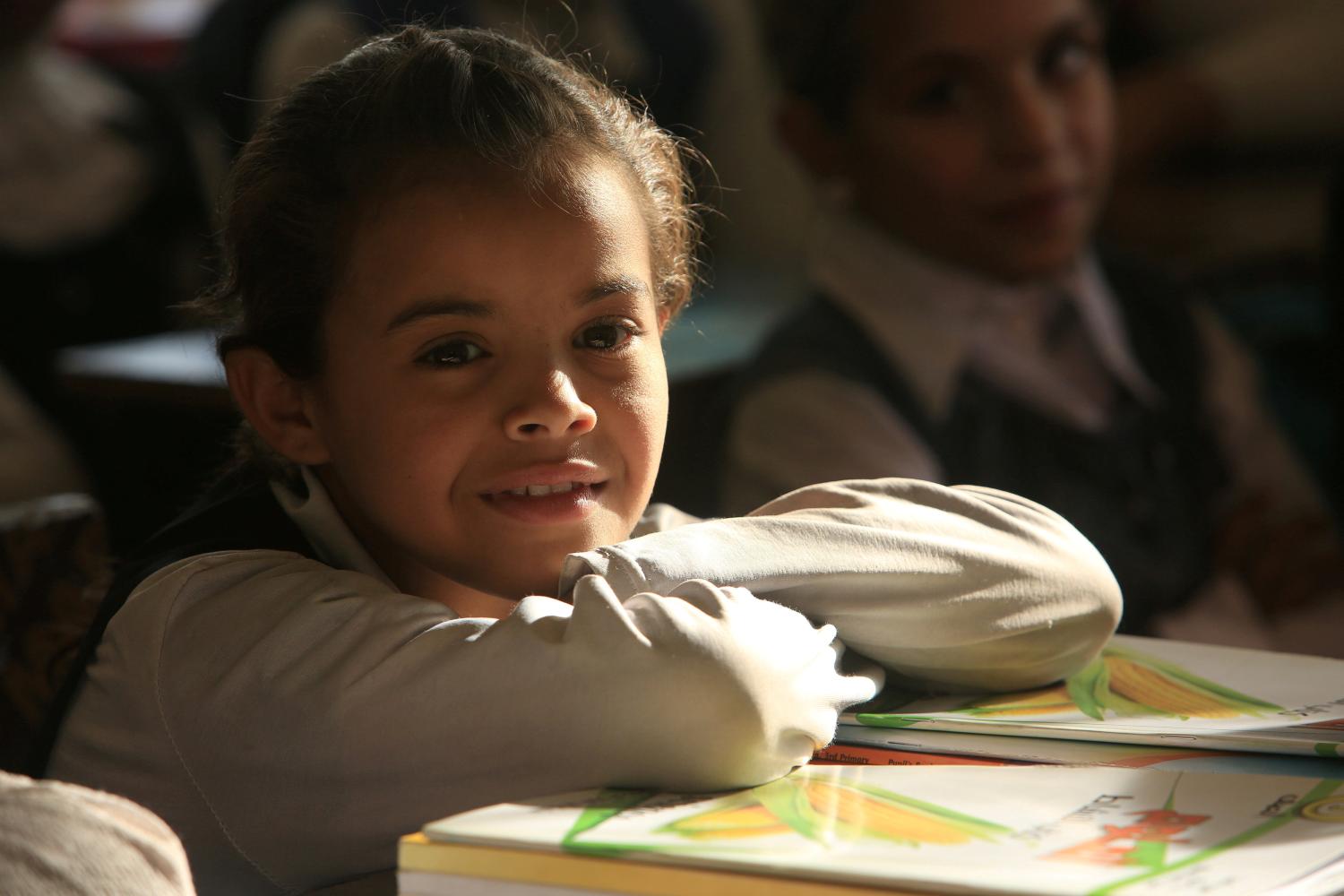
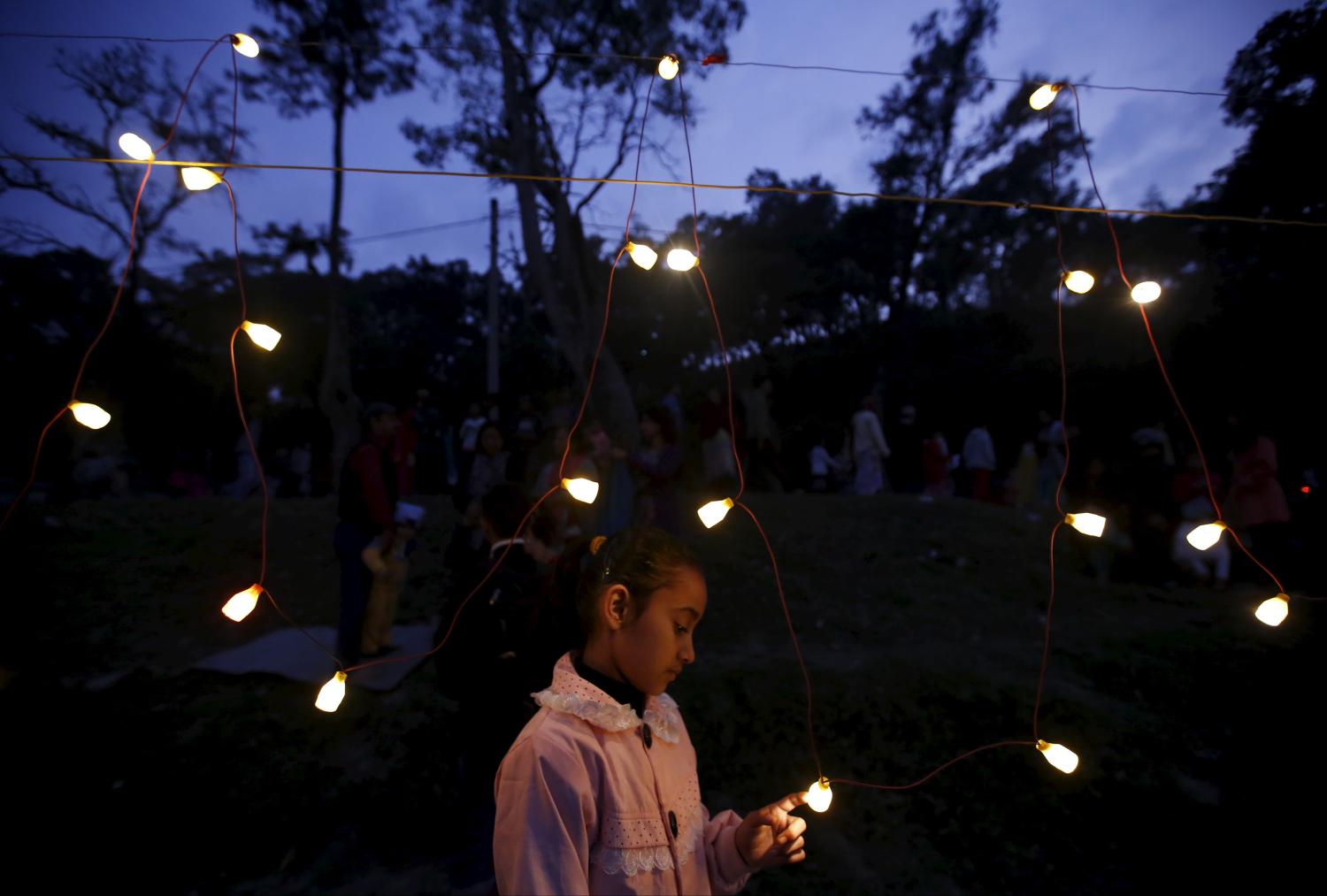
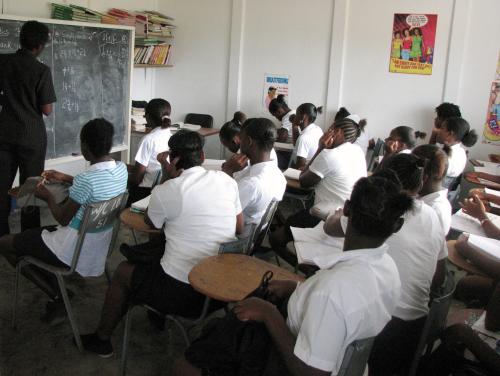
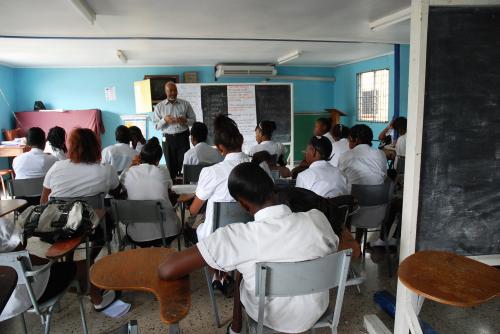



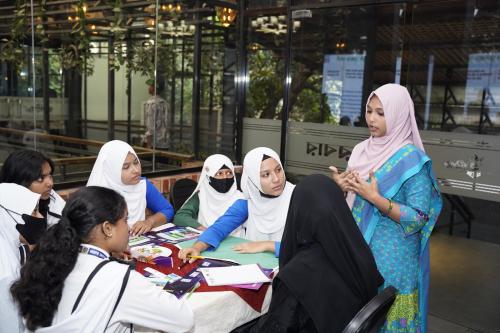
Commentary
Supporting the education of teen mothers in Jamaica
November 7, 2017